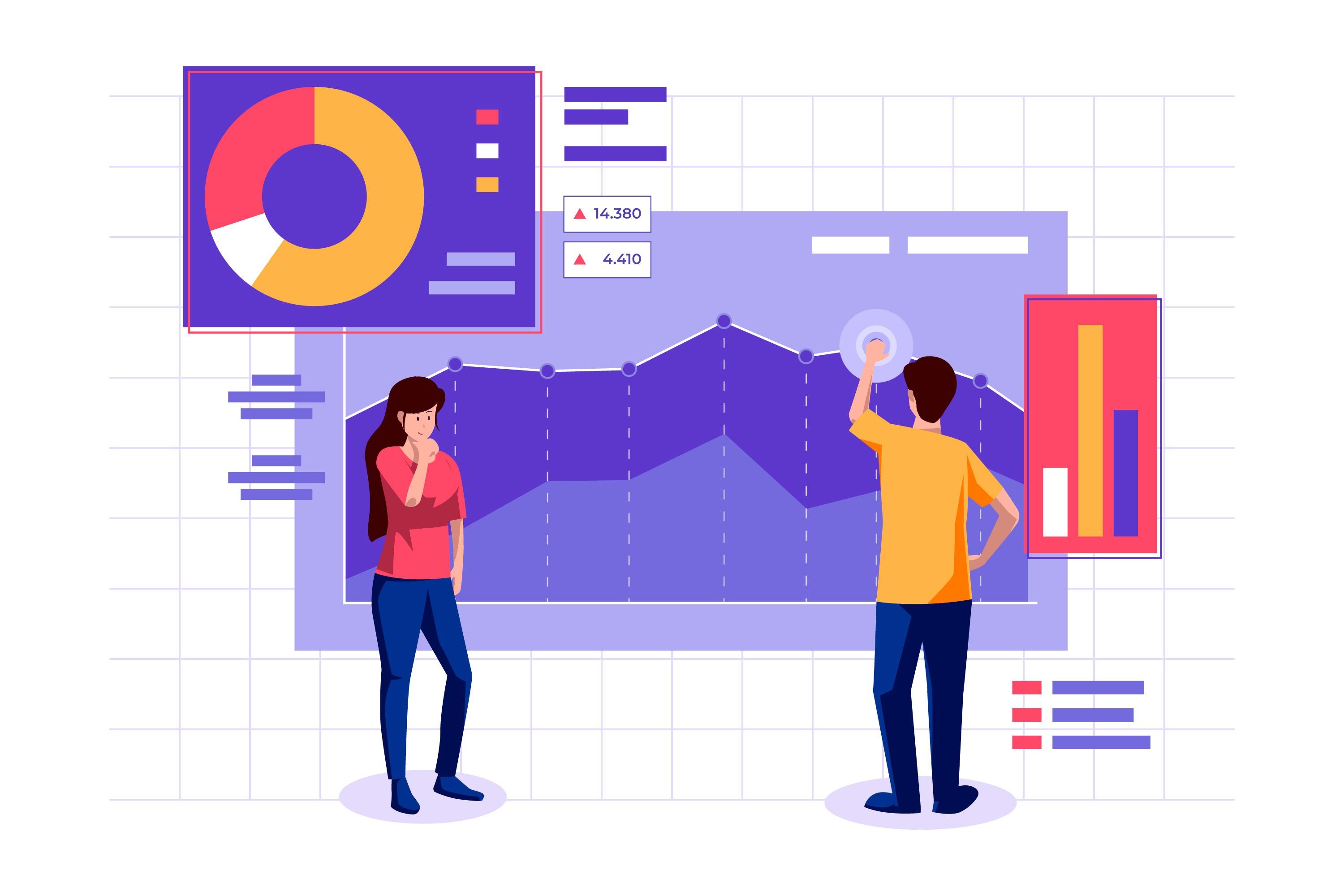Key Skills Acquired in a B.Sc. Data Science
Technical, analytical, and communication abilities are all included in a B.Sc. in data science. During their degree program, students get the following essential skills:
Programming: Building machine learning models, performing statistical analysis, and manipulating data all require proficiency with programming languages like SQL, R, and Python.
Data Analysis and Visualization: Data is cleaned, analyzed, and visualized using tools like Excel, Tableau, and Power BI, which aid in effectively communicating findings to stakeholders.
Machine Learning and AI: Graduates are given a solid foundation in artificial intelligence methods and machine learning algorithms so they may create prediction models.
Statistics and Mathematical Modelling: Correctly assessing data and carrying out sophisticated analysis requires an understanding of statistics.
Communication: Success in any data-driven profession depends on the capacity to communicate complex findings to non-technical stakeholders in a clear and succinct manner.
Top Career Options for B.Sc. Data Science Graduates
- Data Analyst
Responsibilities: Data interpretation and actionable insights are the responsibilities of a data analyst who assists businesses in making data-driven decisions. They provide graphic reports, analyze big datasets, and spot trends.
Tools Used: SQL, Python, Excel, Tableau.
Skills Required: Proficiency in data visualization, analytical skills, and attention to detail.
Career Growth: As their experience and expertise grow, data analysts may rise to positions such as senior data analyst, business analyst, or data scientist.
- Data Scientist
Responsibilities: Data Scientists usually analyze this highly complex data to develop predictive models and test those models, along with the algorithms they may create, to address real-life business-related problems. They use machine learning techniques and statistical models to uncover in-depth insights from data.
Skills Needed: Proficient in programming, machine learning, and advanced statistical analysis.
Career Growth: With greater competence, data scientists can advance to the next levels of specialization by becoming senior data scientists, machine learning engineers, or AI researchers.
- Business Intelligence (BI) Analyst
Responsibilities: In BI analysis, the focus is on data used to improve the strategic operation of processes. Using various analytical tools, they design reports and dashboards that allow business executives to orient themselves on key performance metrics.
Tools Used: SQL, Power BI, Tableau, Excel.
Skills Required: Analytical thinking, problem-solving, and proficiency in BI tools.
Career Growth: With more expertise and industry understanding, business intelligence experts can move into positions like BI manager or BI consultant.
- Data Engineer
Responsibilities: Data engineers build and construct infrastructure for storing, processing, and managing data. They maintain the accessibility of data for study by creating and maintaining databases, pipelines, and data lakes.
Skills Needed: Strong database administration, cloud computing, coding, and data architecture knowledge.
Career Growth: As they gain more experience from working in the field, the data engineers can earmark themselves for senior data engineer or data architect roles where they engage with more complex responsibilities.
- Machine Learning Engineer
Responsibilities: Creating and implementing machine learning models that assist companies in making data-driven predictions is the main responsibility of machine learning engineers. They work along with data scientists to create scalable machine-learning systems and develop algorithms.
Skills Needed: Proficiency with big data tools like Hadoop, programming (particularly Python), deep learning, and machine learning methods.
Career Growth: With experience, ML engineers can move into senior machine learning roles or specialize in areas like deep learning or AI development.
- Data Consultant
Responsibilities: Businesses can better understand their data difficulties and get suggestions for change by working with data consultants. In addition to helping to implement data-driven strategies, they might offer advice on best practices for data gathering, analysis, and visualization.
Skills Needed: Strong problem-solving abilities, technical expertise, and a good understanding of business needs.
Career Growth: Data consultants can transition into senior consultant roles, data strategy consultants, or managerial positions in consulting firms.

